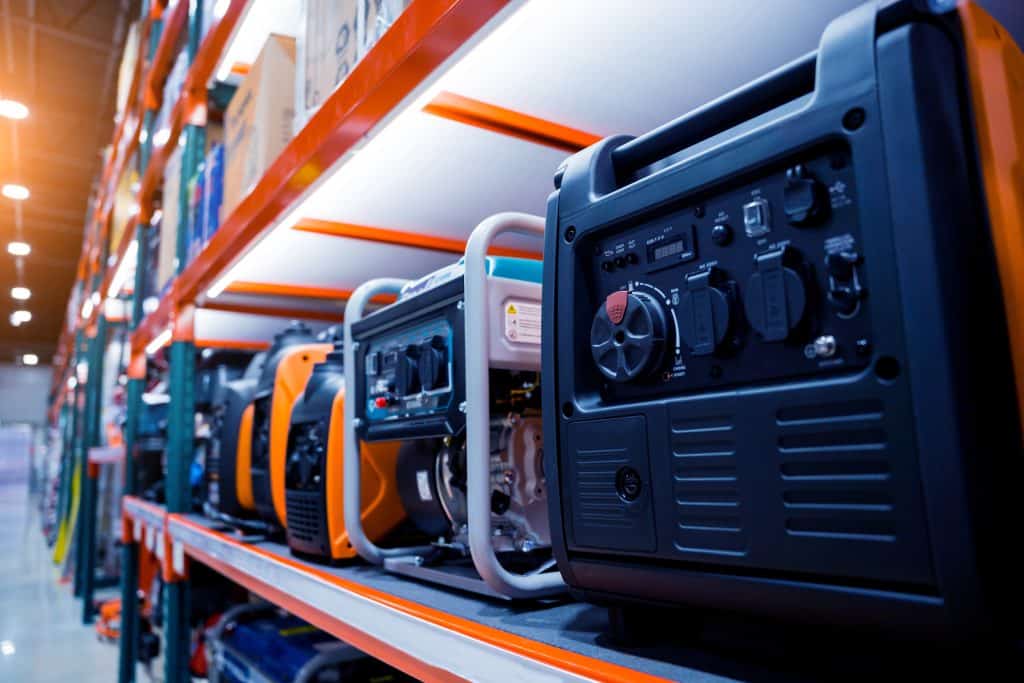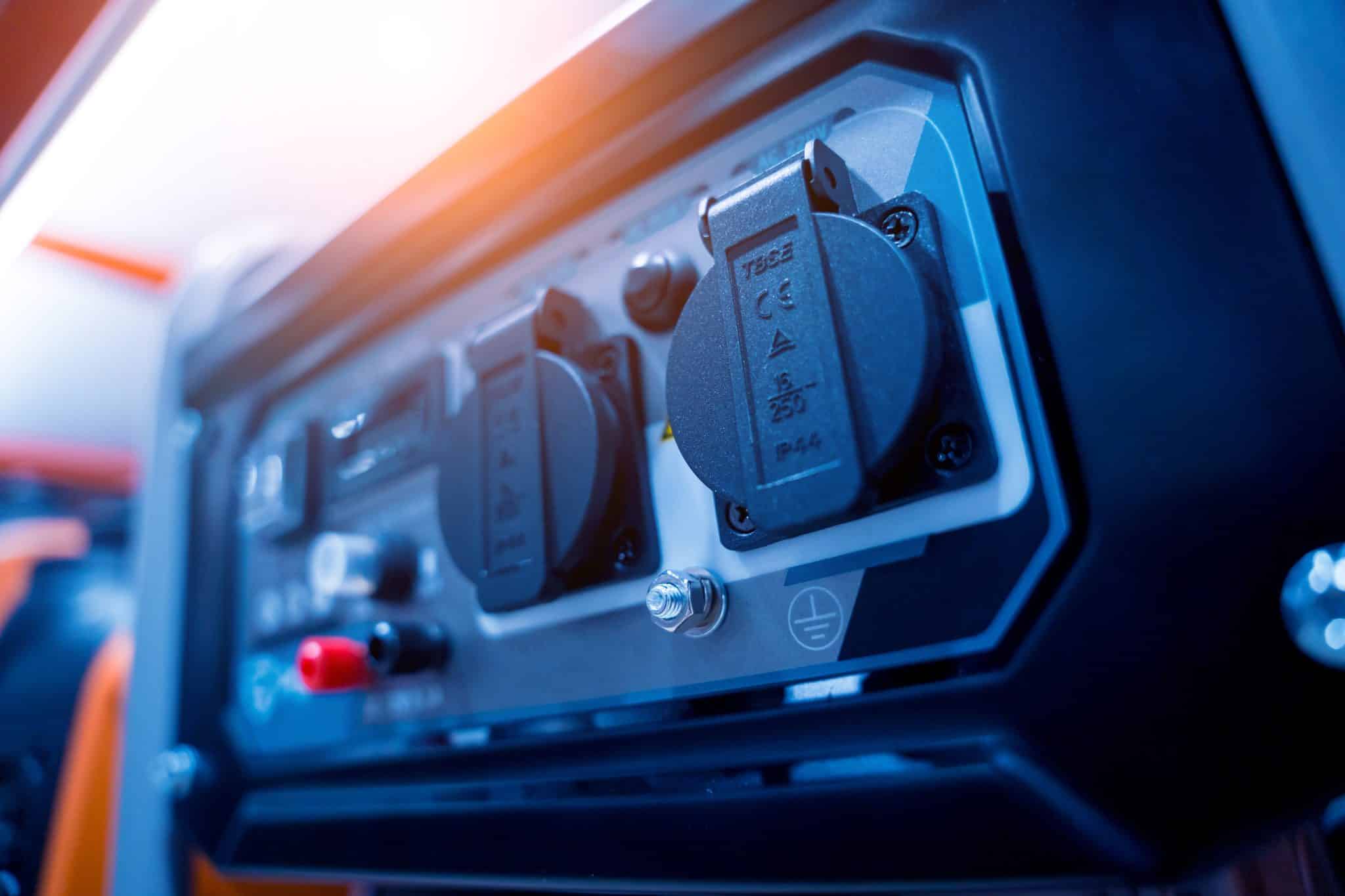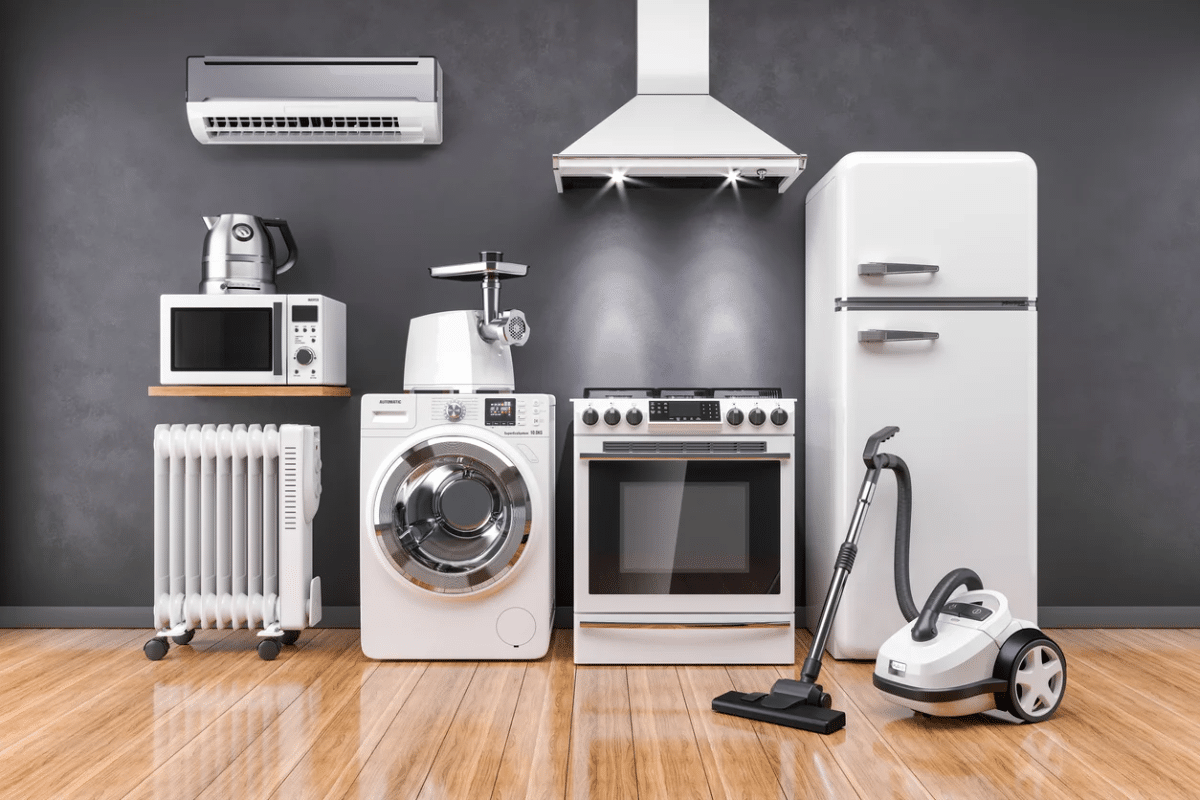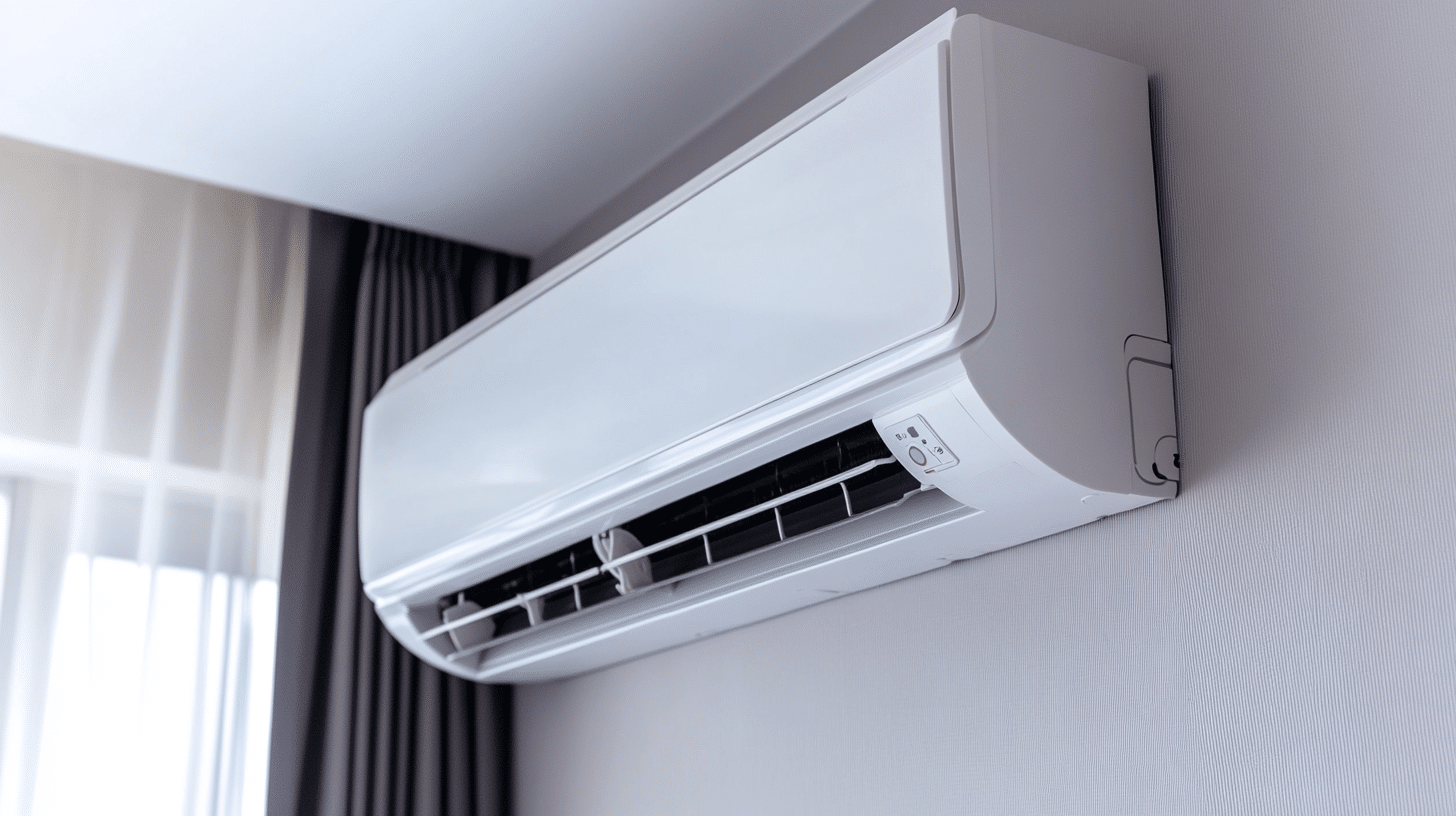Generators For Sale Connecticut: How To Find The Right One For Your Needs
Power outages in different areas in the United States can happen from time to time. Nonetheless, it’s best that you’re ready for such eventualities for lesser inconveniences for you and your loved ones.
One thing that you can do in order to be prepared in handling power blackouts is by having a generator at home.
Say you’re a Connecticut homeowner. There are chances of you and your loved ones experiencing power blackouts due to natural disasters or calamities that are out of your control, human error, and the like. Luckily, there are many generators for sale Connecticut that can help you have access to emergency power until the electricity supply kicks back in.
However, with a lot of options available in the market, your search for the perfect generator unit can be difficult. Worry not. This post is for you. The following points will cover various buying tips that can help you make a well-informed purchase.
Read on to learn more.
Make Sure That You Know How Much Power You Need
Before proceeding with your search for a generator, you need to figure out how much power you need in case of a power outage.
To help you out, find the answers to the following questions. Are you looking for a generator to power your entire home during a blackout, or do you need something smaller for occasional use?
Moving forward, prepare a list of the appliances and devices you want to keep running during a power blackout. This step helps you understand how much wattage you’ll require. Larger appliances need more power compared to your lighting system and small gadgets.
Take Into Consideration The Type Of Generator

Generators for sale Connecticut come in various types, with each one suited for different needs.
For starters, portable generators are great for temporary power outages and can be moved around easily. Standby generators, meanwhile, are permanently installed and kick in automatically during a power outage, making them ideal for homes and businesses that need uninterrupted power. Finally, inverter generators provide clean energy for sensitive electronics and are quieter, perfect for camping or tailgating.
Check What Are The Fuel Options Available
Generators run on different fuels, including gasoline, diesel, propane, and natural gas.
To begin, gasoline is widely available but has a shorter shelf life. Diesel generators, on the other hand, are more fuel-efficient and last longer but can be more expensive. And propane and natural gas are cleaner alternatives and ideal if you already have these fuel types available at home. Think about what’s easy-to-access and cost-effective for you.
Keep In Mind: The Generator Size And Portability Matter
If you need a generator that you can move around, portability is key. Search for generators with wheels and handles. For home use, consider the space where you’ll store the generator. Standby generators, though larger and stationary, need a designated spot outside your home. Ensure there’s enough space for proper ventilation to avoid hazards.
Check The Generator’s Noise
Generators can be noisy, which might not be an issue during an emergency but can be a nuisance in a residential area. Inverter generators are typically quieter than traditional portable generators. Check the decibel ratings of different models to choose one that won’t disturb your household or neighbors.
Be Mindful Of Your Available Budget
Generators range in price, from a few hundred dollars for basic portable models to several thousand for powerful standby units.
Determine your budget but remember that you get what you pay for. Investing in a higher-quality generator can save you money in the long run by providing reliable power and lasting longer.
Think About Installation And How You’re Going To Maintain It
Think about the installation process, especially for standby generators which require professional installation. Factor in the cost of installation when budgeting. Maintenance is also crucial for the longevity of your generator. Regular oil changes, filter replacements, and fuel checks are necessary. Some newer models come with maintenance reminders or monitoring systems to help you keep track.
Test, Test, Test
Once you’ve bought your generator, don’t wait for an emergency to test it out. Familiarize yourself with its operation and ensure everything is working correctly. Run it for a short period to check for any issues. Regularly starting your generator, even when not in use, helps keep it in good working condition.
To Conclude
Finding the right generator for your needs in Connecticut doesn’t have to be daunting. By understanding your power requirements, considering the type and size of the generator, checking fuel options, and looking for key features like reliability, noise levels, and safety, you can make an informed decision. Don’t forget to factor in budget, warranty, and maintenance.
With these tips, you’ll be well-prepared to choose a generator that keeps your home powered and safe during any outage.







